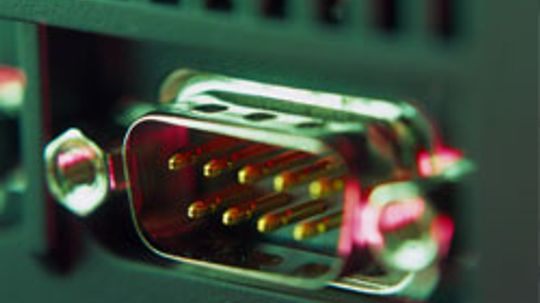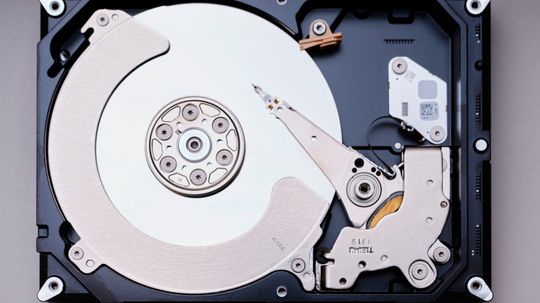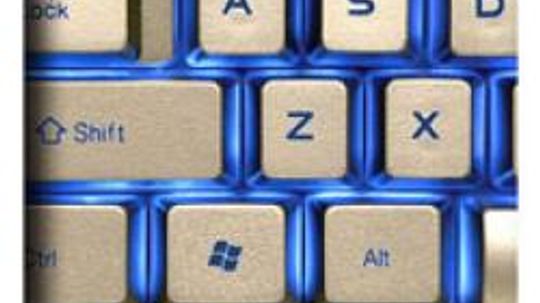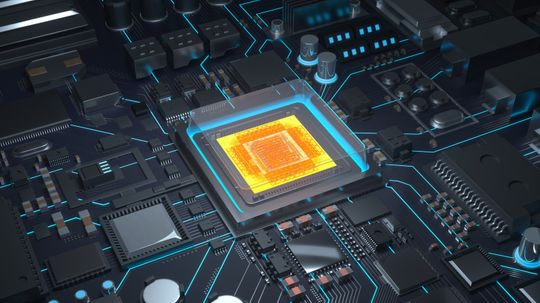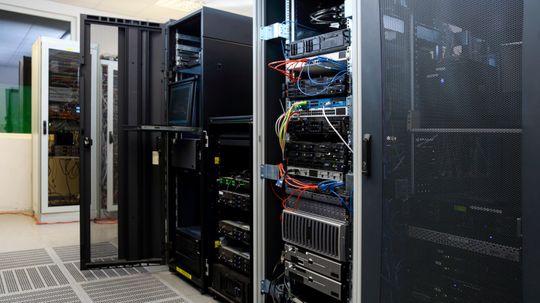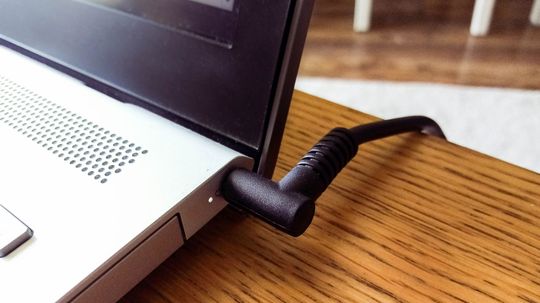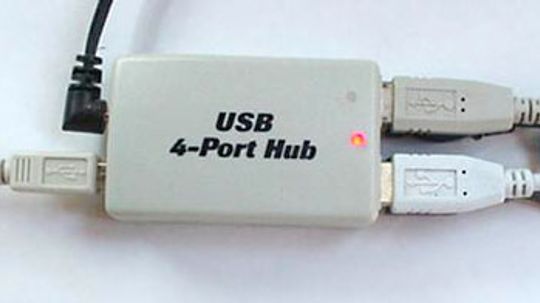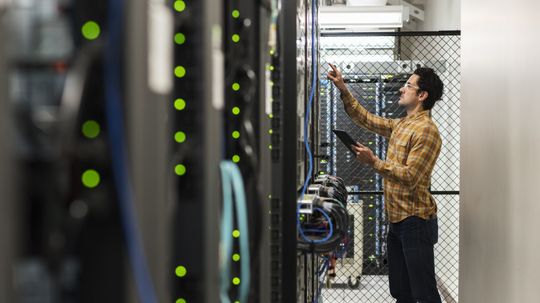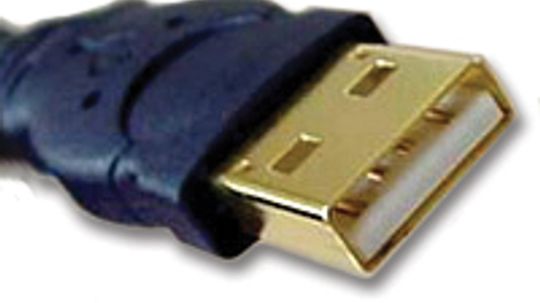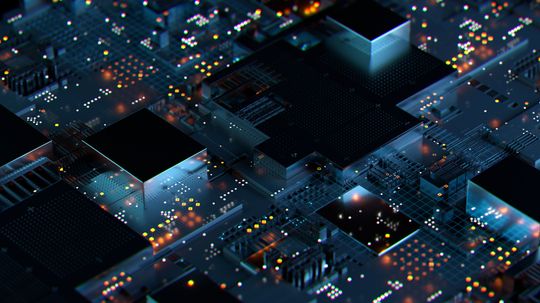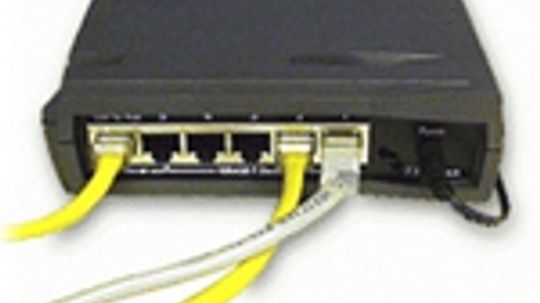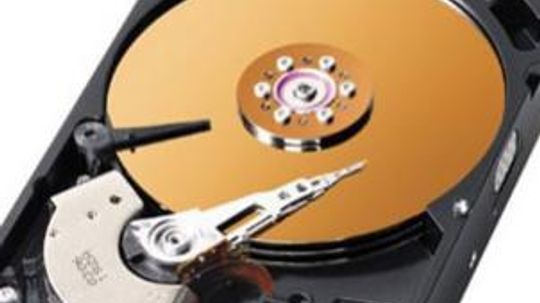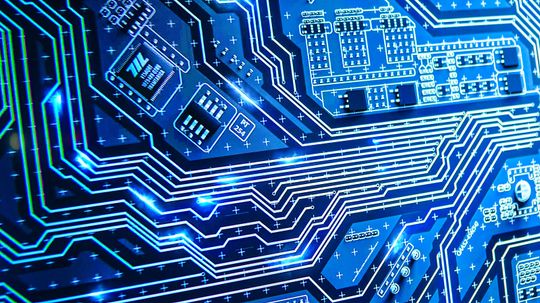Computer Hardware
From USB connectors to motherboards, the HowStuffWorks Computer Hardware Channel will help you find explanations, reviews, videos and prices for the parts you need.

Why Is My Computer So Slow? 5 Reasons and How to Fix Them

Should You Shut Down Your Computer Every Night?
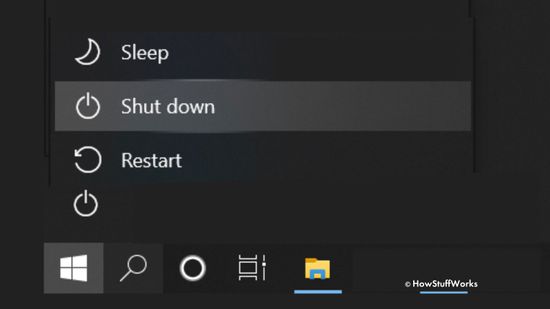
What's the Difference Between Restarting and Shutting Down My Computer?
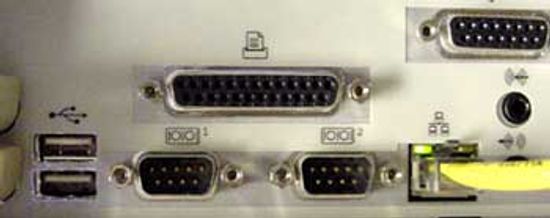
How Parallel Ports Work
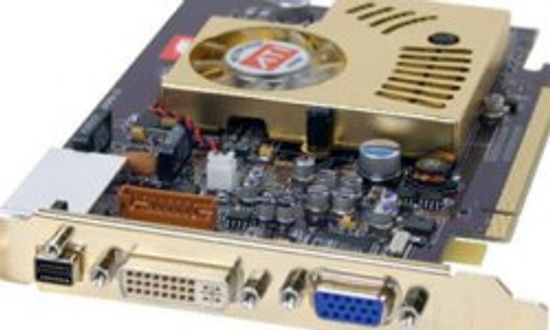
PCI Express Image Gallery
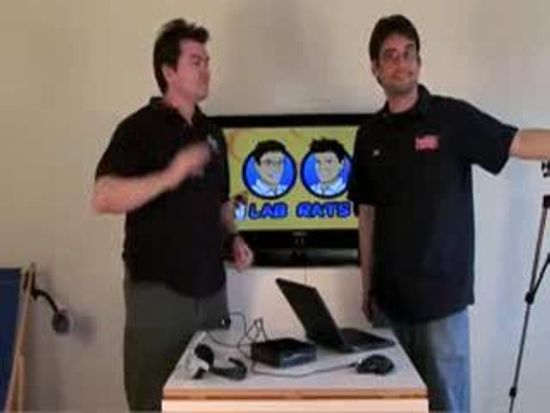
What is the main difference between FireWire and USB?
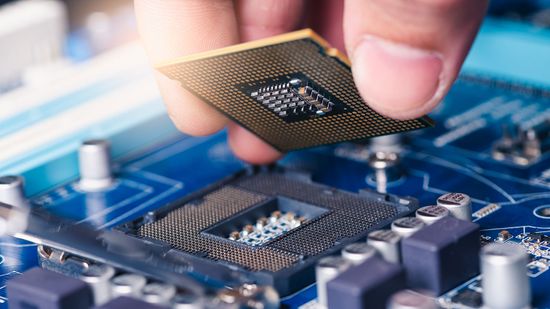
How to Overclock Your CPU
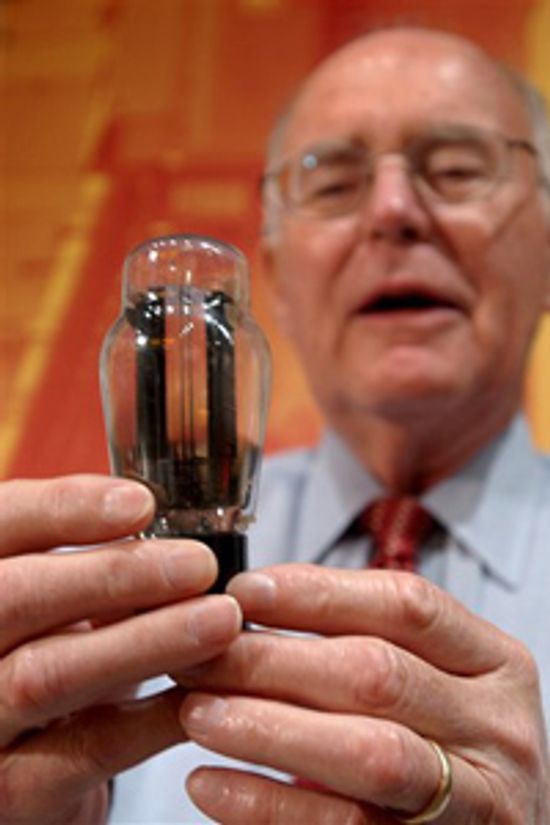
Is Moore's Law outdated?
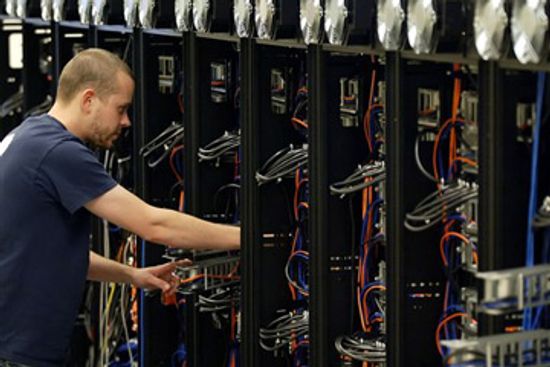
What is computing power?
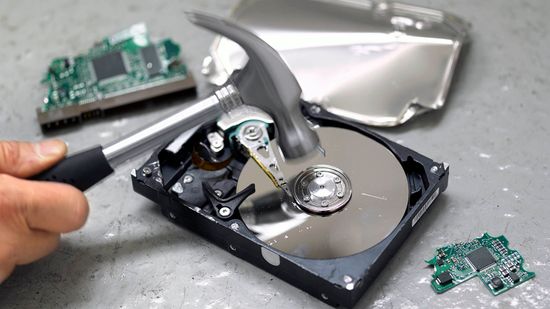
How to Wipe a Computer's Hard Drive

How to Fix the Black Screen of Death
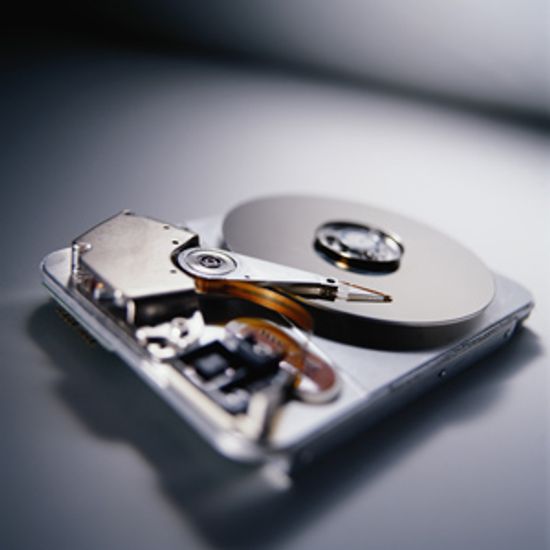
Should I move my hard disk to the cloud?
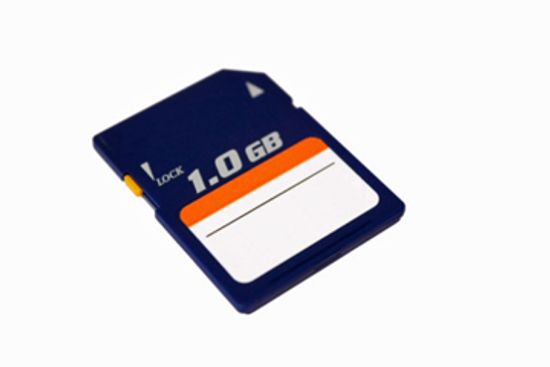
How Secure Digital Memory Cards Work
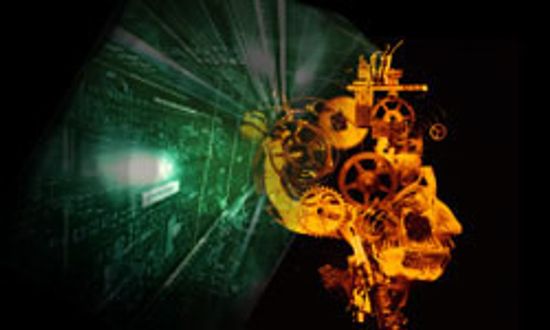
Computer Memory Pictures
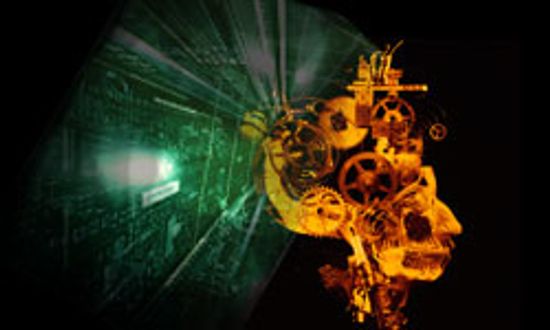
What is virtual memory?
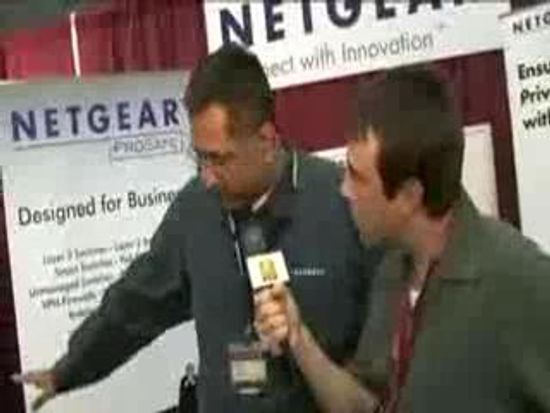
What are the three types of VPN?
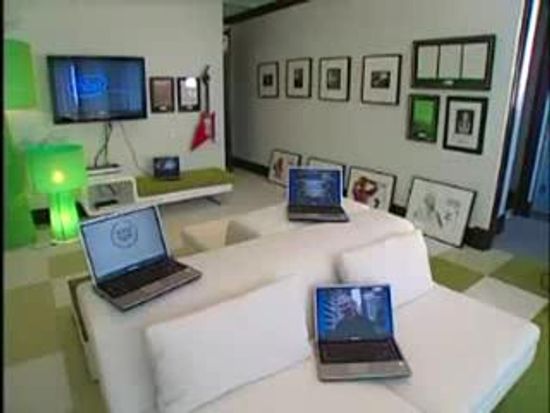
What do you need to build a private WiFi network?
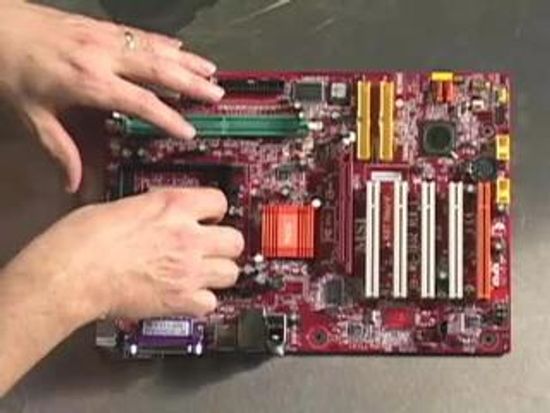
What Does a Server Do?
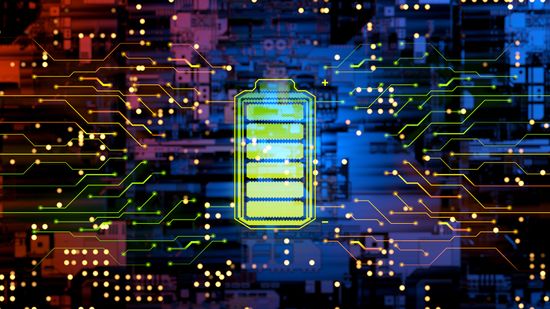
What Is a UPS? How an Uninterruptible Power Supply Works
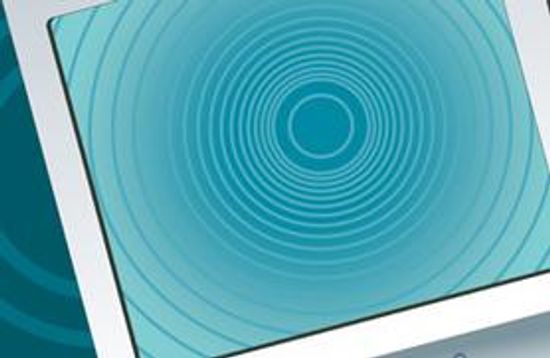
How to Cool Down Laptop: 5 Easy Ways to Prevent Overheating

How to Keep Your Dell Laptop From Overheating
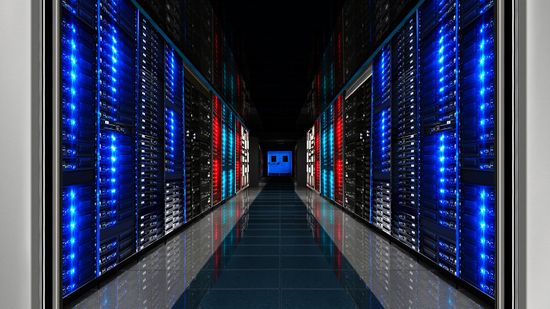
What is the world’s fastest supercomputer used for?

Set Your Computer for Energy Savings
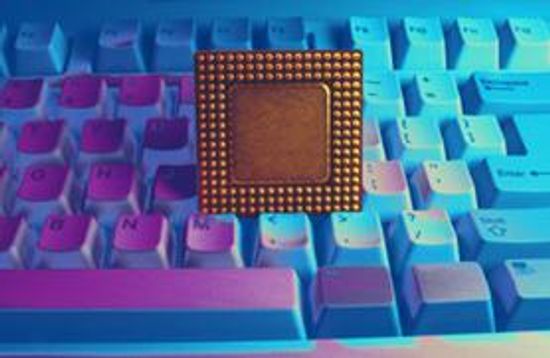
The Most Important Thing to Know Before Upgrading Your Desktop Computer

How to Force Quit on a Mac
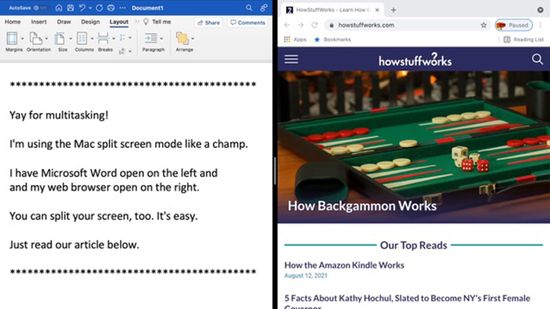
How to Split Screen on a Mac
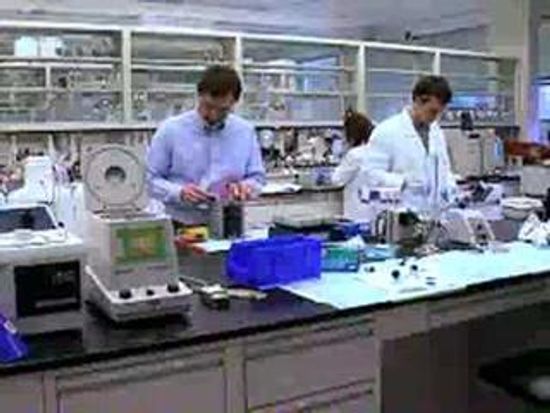
Is Apple building a hydrogen-powered computer?

Are tablets changing the way we shop?
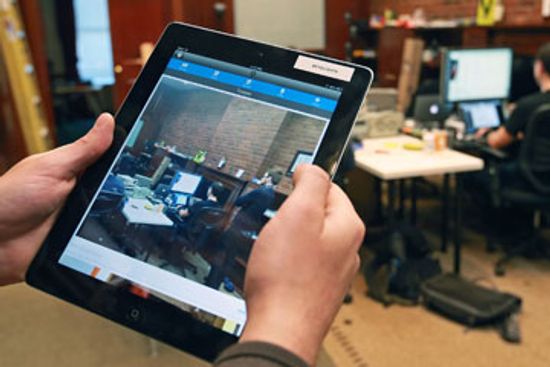
Are tablets changing the way computers work?

How the Kindle Paperwhite Works
Learn More / Page 9
FireWire offers quite a few advantages, though it does cost a bit more than USB. Learn what makes FireWire different.
What is the world's fastest computer? Well, there's the MDGrape-3 and a few other supercomputers, or there's another one that may surprise you ...
Computers send data through parallel ports, serial ports, or network connections. How does a computer's parallel port work? And how can I design things to attach to a parallel port?
Advertisement
Up to a point, adding RAM (random access memory) will make your computer feel faster on certain types of operations. However, upgrading the CPU may make it several times faster across the board.
By Talon Homer
Surely you've noticed the grinding noise that sometimes happens when you open a file on a computer. Is it normal? What causes it?
Will this keyboard combination shut your computer down or render it inoperable? It's not likely, but it's always better to ask.
Celeron and Pentium chips have a lot in common, but there are some features that separate them. Which one is right for you?
By Talon Homer
Advertisement
The main thing that separates a Zip disk from a floppy disk is the magnetic coating used on the disk. How does this coating make such an impact on the disk's storage space?
In this article we'll tell you which processor is faster and why. Learn how chip designers make use of transistors.
A microprocessor will perform without error when executed at or below the maximum indicated speed. Why can't they speed them up? There are two things that limit a chip's speed.
The RTC chip, or Real Time Clock, does more than keep your computer set to the correct date and time. Without it, you wouldn’t even be able to boot up.
Advertisement
Several factors determine whether you should leave your computer on or off overnight. Networking, economic factors, and stressed-out components all play a part.
The head crash -- it's one of the most terrifying and frustrating computer glitches because it can destroy all of your data. Find out how long you can expect a hard disk to last before a head crash happens.
Networking two or more home computers provides many conveniences, but how do you get started? Start here for the answer.
Running out of USB ports is annoying, but it doesn't have to stop you from adding components to your computer. Check out this list of USB accessories and learn how to get them connected.
Advertisement
When you type a Web site address into your browser, Web servers are doing the work of getting you the page you request. Put our servers to use right here . . .
You can find Universal Serial Bus connectors on just about every PC made today. But when it was introduced, USB was leaps and bounds ahead of the technologies it replaced. What makes this standard so useful?
Anyone who owns a computer must at some point ask themselves: "What is cache?". Caching increases the speed at which your computer pulls data from memory. How can a little cache go a really, really long way? Read on to explore how your computer works at such incredible speeds!
By Guy Provost
Ethernet is one of the most common computer-networking components, and the standardization of this technology has created some of the easiest ways to connect a few computers with or without wires.
By Nick Pidgeon
Advertisement
Nearly every desktop computer uses one or more hard-disk drives. Your hard disk holds all of the information available on your computer. Take a look inside this incredibly precise storage mechanism.
The microprocessor determines the processing power available for any application you run. Without it, there is no computer. Learn all about this amazing, ever-shrinking technology that makes your computer compute.

